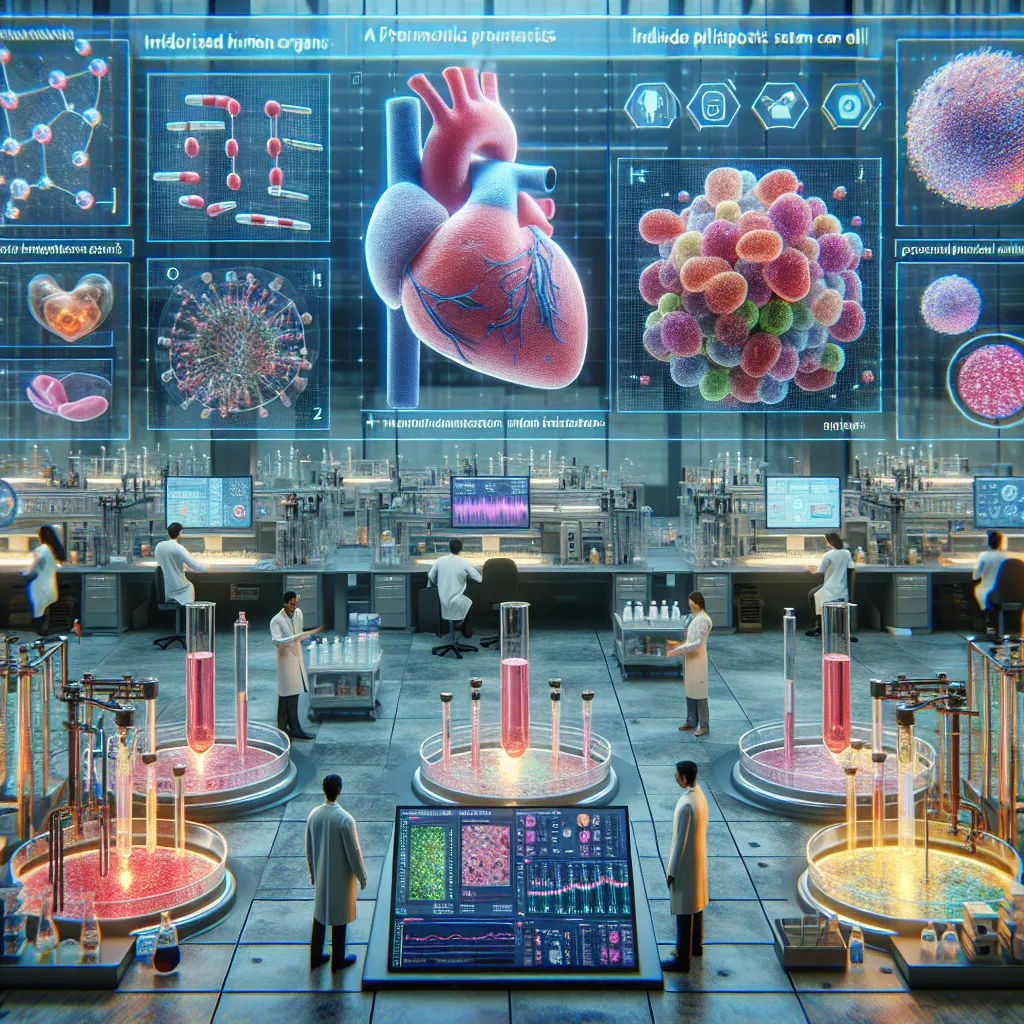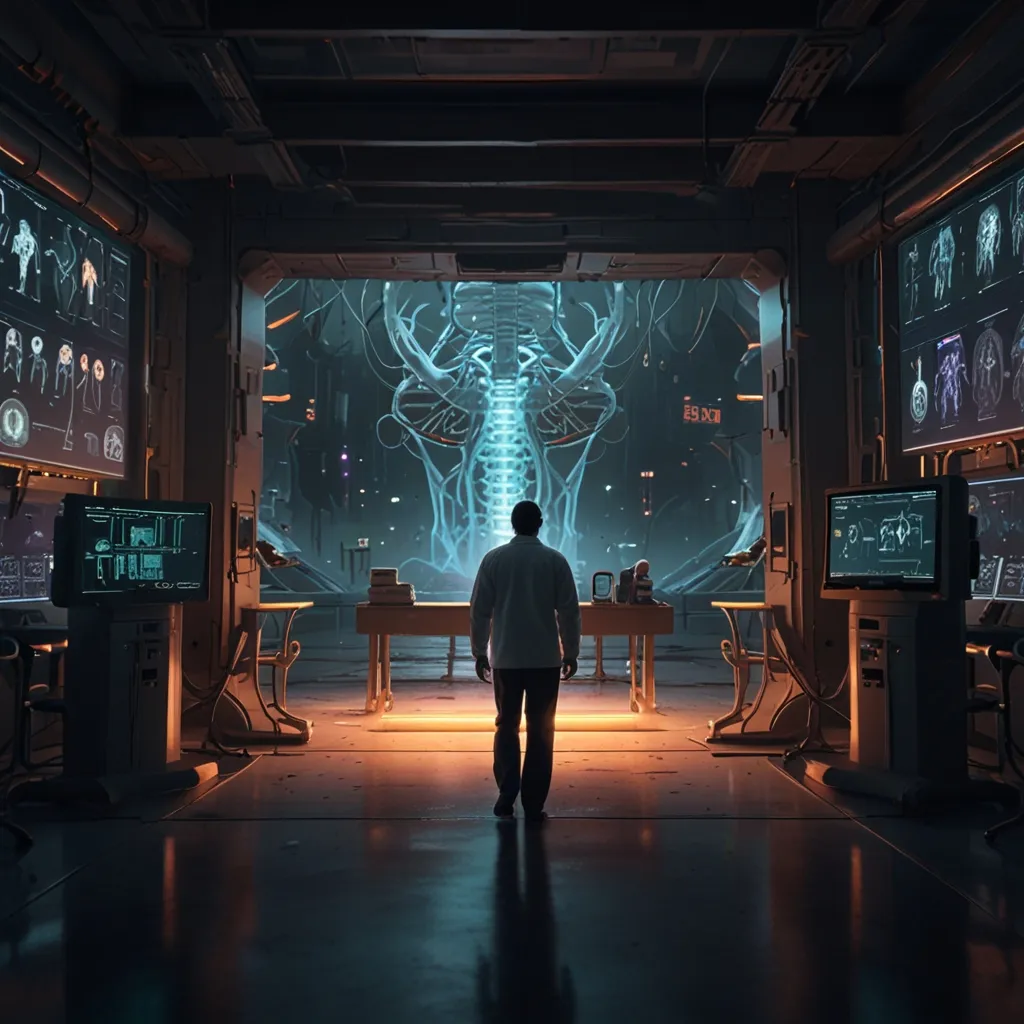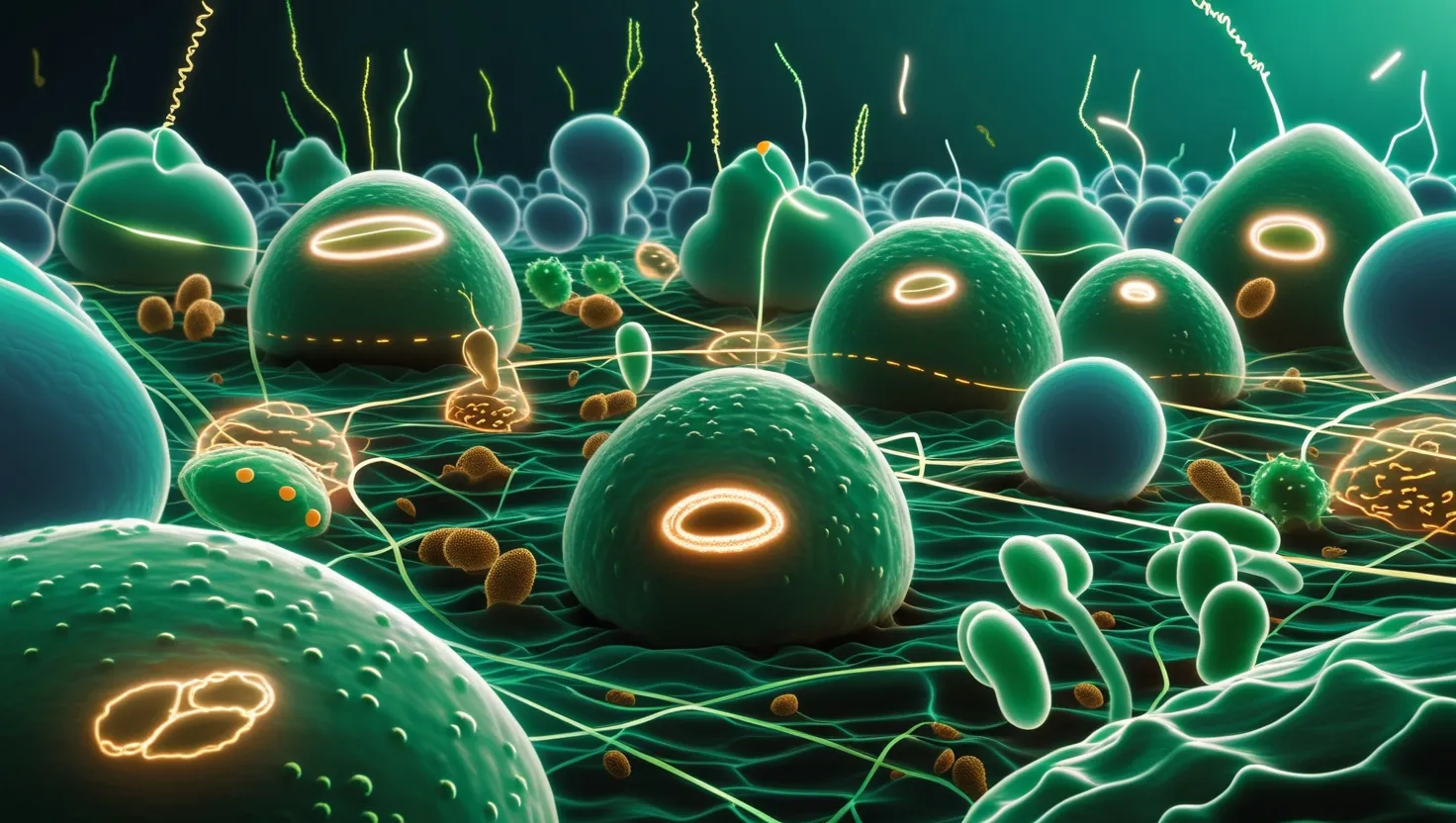The Intersection of Determinism and Free Will: Are We Truly Autonomous?
In the early 19th century, Pierre-Simon Laplace, a budding mathematician, made a profound observation in his essay on probabilities. He suggested that the universe’s current state is a result of its past and a precursor to its future. He believed that if someone could know all variables and forces in the universe, they could predict the future with absolute certainty. This is the essence of classical determinism, where every event is a direct result of preceding events, tracing back to the Big Bang.
In physics, this concept means the state of the universe at any given time determines its past and future. In philosophy, it poses a grim implication that we lack free will. Our decisions and actions seem predetermined by this unalterable chain of cause and effect. This deterministic view suggests that we are nothing more than parts of a vast, predictable mechanism.
However, the advent of quantum mechanics in the 20th century brought a new perspective. Unlike classical physics, quantum mechanics introduces an element of randomness and probability. At the smallest scales, particles like electrons don’t have defined positions or paths until they’re measured. This indeterminacy implies that different outcomes can emerge from identical initial conditions, suggesting a world less predictable than Laplace envisioned.
The question then arises: Does this quantum randomness salvage free will? Free will is often defined as the ability to have made a different choice. But even if different outcomes are possible due to quantum indeterminacy, it doesn’t necessarily mean we consciously influenced those outcomes. Our choices may still be governed by quantum randomness, not deliberate control.
The complexity deepens when considering our brain’s role. Decision-making involves intricate electrical and chemical processes. Although quantum mechanics introduces randomness, decision-making at the human scale remains a classical event. If we had complete knowledge of all chemical and neural states, we could predict decisions.
Despite this deterministic perspective, one could argue that our ability to influence brain chemistry through actions like meditation, exercise, or drug use constitutes a form of self-determination. Our choices, shaped by genetics, experiences, and environment, emerge from a deliberate thought process unique to each of us.
This view aligns with compatibilism, which reconciles determinism with moral responsibility. It suggests that even if our actions are predetermined, we still make them consciously and willingly. Therefore, we retain responsibility for our actions because they are outcomes of our deliberate thought process.
In conclusion, while physics might reduce free will to mathematical laws, it doesn’t absolve us of responsibility. We consciously shape our actions, making choices that impact the world. This belief drives movements dedicated to positive environmental impact, reminding us that as long as we have the will, we have the ability to make meaningful choices.
Join the Effort to Protect Nature
One such initiative is Planet Wild, a community-driven effort to restore and protect our natural world. They engage in projects like transforming barren land into wildlife havens and restoring forests. Their work is powered by members who contribute through monthly subscriptions, ensuring transparency and impact.
By joining Planet Wild, you can be part of a community committed to bettering the environment. As a special welcome, enjoy your first month free, allowing you to witness the tangible impact of your contribution.
Let’s exercise our free will to leave the world a better place. Join Planet Wild and make a difference today.






